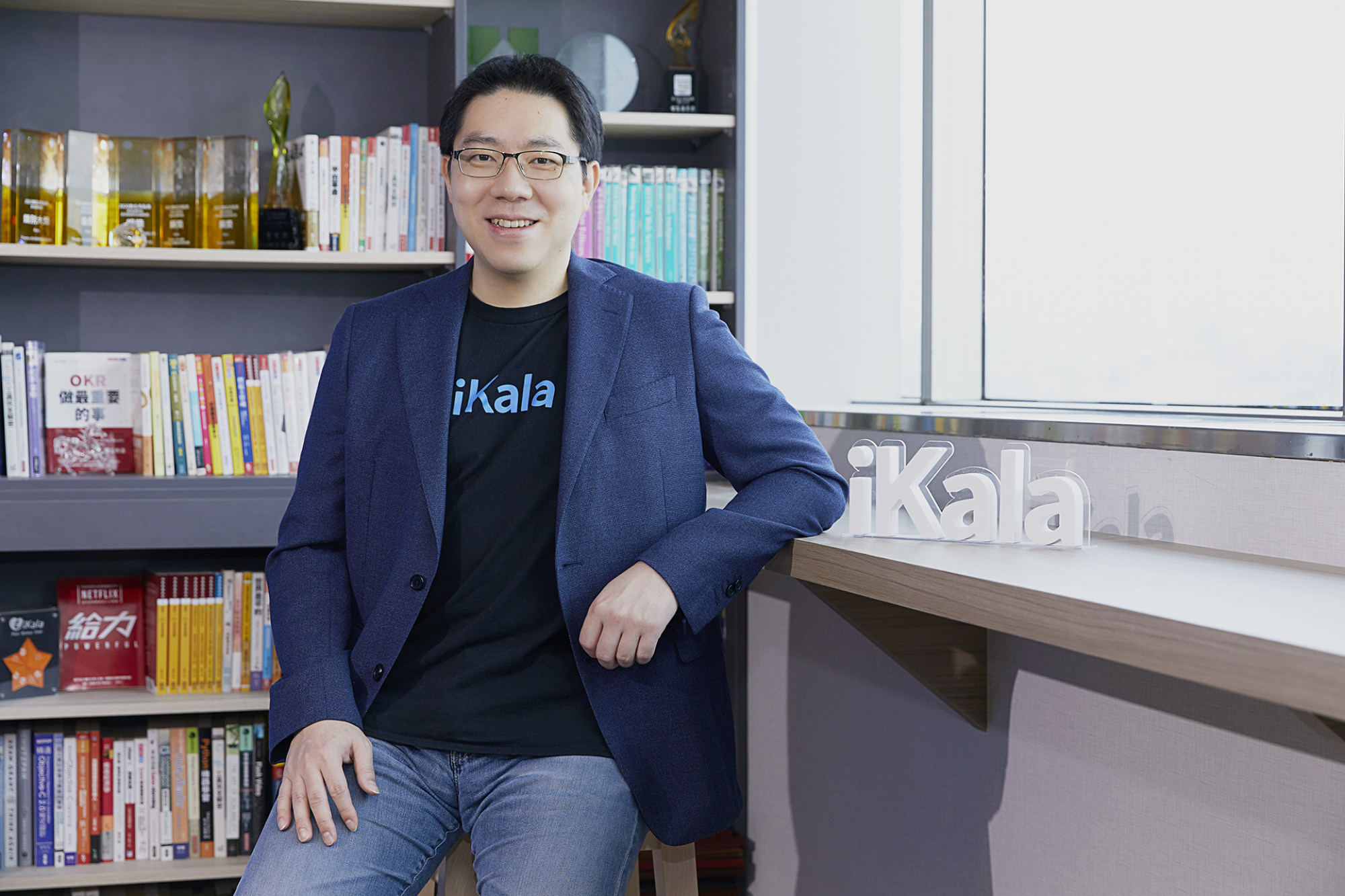
Japan’s plan to become a world leader in AI
- Nation aims to apply artificial intelligence in the workplace to increase productivity
- Japan is positioning itself as a major player in the sector and is partnering with international companies to expand its AI ecosystem
[The content of this article has been produced by our advertising partner.]
Japan is offering new opportunities in digital technology, using groundbreaking artificial intelligence (AI) tools as it seeks to counter the issues of a shrinking workforce arising from an ageing population. For foreign companies, this provides an opportunity to work with domestic partners in this new “industrial revolution” to help transform Japanese society.
AI is one of the most important technological developments in modern history. However, to take advantage of it, there is a need for entrepreneurs to bring about breakthrough innovations, companies to provide financial resources and infrastructure, and for government policies that provide the appropriate environment for innovation.
Japan provides these three elements. When the nation transformed itself into an economic powerhouse it was driven by the belief that industry and government should work together as partners, rather than viewing each other as adversaries. The country’s breakthroughs in innovation have demonstrated the value of this approach, and Japan continues to be a global leader in major industries.
Japanese market is unique
Sega Cheng, co-founder and CEO of iKala, a Taiwan-based firm that helps companies implement AI solutions, sees plenty of reasons for optimism: “The customers in Japan are willing to pay the right price and are seeking long-term relationships with their suppliers,” he says. “This kind of business practice is invaluable for any company seeking to enter the Japanese market.”

With its shrinking workforce, Japan aims to be a leader in demonstrating the benefits of higher productivity made possible by AI. Healthcare, which is facing critical staff shortages – the ageing population requires higher levels of medical care – is seen by industry experts as a key target area.
Perceptions of AI in Japan are changing. A survey by the consulting group PwC found that in the spring of 2023, just 10 per cent of respondents said they had used generative AI in applications such as Chat GPT. Just six months later, the number had jumped to 73 per cent. NEC, a Japanese multinational information technology and electronics company, has developed its own enterprise-focused generative AI system called cotomi, with plans for additional versions for specific industries such as manufacturing and healthcare. Japanese start-up Preferred Networks is designing customised chips destined for machines that will power generative AI.
In the public sector, the city of Yokosuka (in the Kanagawa prefecture south of Tokyo) became the first municipality in the country to run a trial of ChatGPT for administrative operations last year.
Global companies play a key role
Global players are also looking at the opportunities in Japan. United States company Nvidia, which has played a major role in the realisation of AI, has announced plans to work with Japanese partners to build an AI tech-related ecosystem in the country. As part of its efforts, Nvidia will establish a research lab and invest in local start-ups. Sakana AI, established in Tokyo by former Google research scientist David Ha and engineer Llion Jones, is engaged in the development of generative AI with telecommunications company NTT, among others. Sakana AI is also a member of the AI Alliance, an international group created by IBM and Meta that has more than 50 companies, universities and scientific organisations to help foster open-software programmes to develop generative AI. The alliance, whose members also include major Japanese organisations including Keio University (one of the country’s oldest research institutions), Sony and the University of Tokyo, aims to improve the capabilities, safety, security and trustworthiness of AI.
Japanese government programmes are helping foster an AI environment, working to ensure the nation has the resources required for this digital transformation (known as DX in Japan). These include plans to introduce a national institute to ensure the safety of AI technologies.
Given the potential of generative AI, it is essential for companies to use it not only as a tool to improve operational efficiency and productivity but also to gain a competitive advantage by transforming their products, business models and corporate organisations, according to a report last year on digital promotion in Japan by the Ministry of Economy, Trade and Industry.

Japan’s AI initiatives are also built on the concept that no single company or nation can supply all the answers needed in this fast-changing technology. Therefore, key parts of the government’s policies are to work with countries, corporations and entrepreneurs from around the world to bring this new industrial revolution into reality.
“Whether in terms of regulation compliance or in terms of research funding, the Japanese government is moving really fast,” Cheng says.
Further Support
Government support for AI is just a part of its broader initiatives to attract international talent and investment to one of the world’s leading economies. There is a wide range of programmes in place to help firms ease their way into and expand operations in Japan. These include start-up visas, research and development assistance for small and medium-sized companies, and tax credits for businesses. The programmes can be accessed through the Japan External Trade Organization (Jetro), a government-related organisation that works to promote mutual trade and investments between Japan and the rest of the world. The organisation acts as a one-stop centre to help companies establish or expand their business in Japan.
